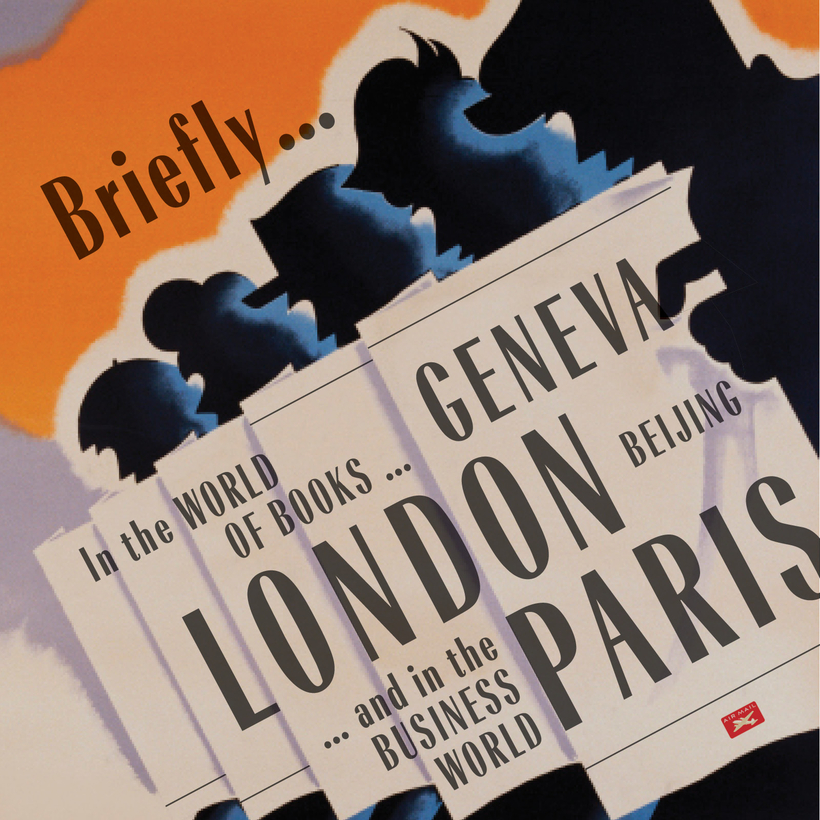In Geneva …
Freudian interpretation?

The full-length male nude, bought at auction in 1997, was thought to be the work of Lucian Freud—an assumption denied by the painter, who nevertheless immediately offered to buy it, according to the man who did. “He said: ‘I’ll give you more than you paid, I’ll double it,’” said the buyer as reported in The Guardian. “I declined, and he became very aggressive, with bad words. He said: ‘In that case, you will never sell it.’” By claiming it wasn’t one of his, Freud—who died in 2011—guaranteed that the value of Standing Male Nude remained an open question. But an independent study has finally concluded it’s probably his after all.
Why that reaction from the artist, long ago? “Although Freud was known for his many female lovers, he is thought to have had early gay affairs,” said the newspaper. A private investigator discovered that the canvas had “hung in a Geneva flat secretly used by fellow artist Francis Bacon and gay friends, with Freud among its visitors” and that a living witness “knew about the relationship between Freud and Bacon … [and] said Bacon asked Freud to paint this for him.” One further detail might shed even more light on the painter’s disavowal: it appears that Standing Male Nude is probably not only a Freud, but Freud himself—a self-portrait.


